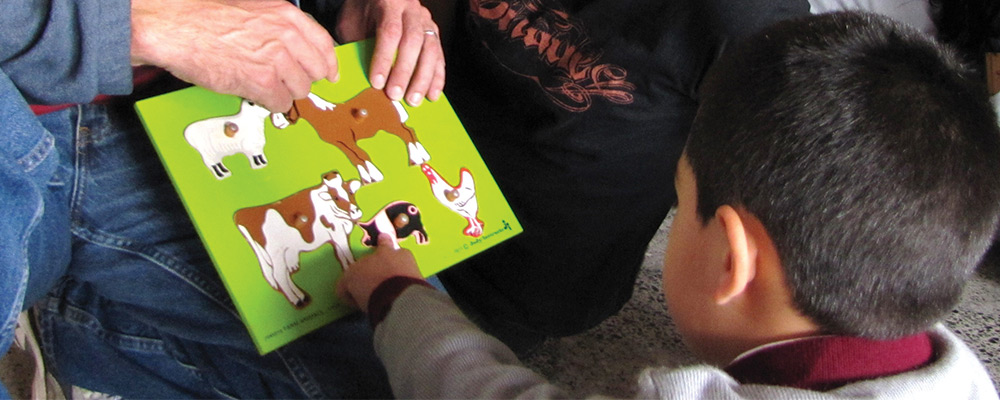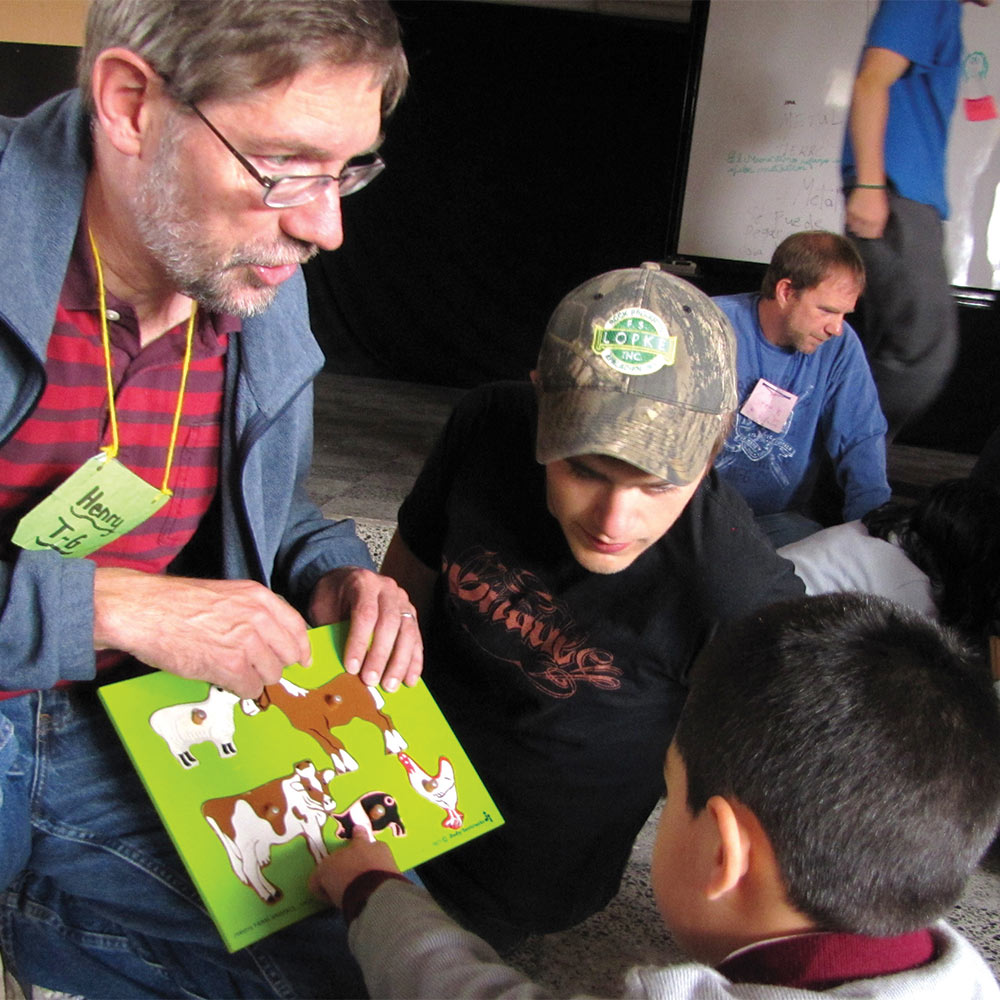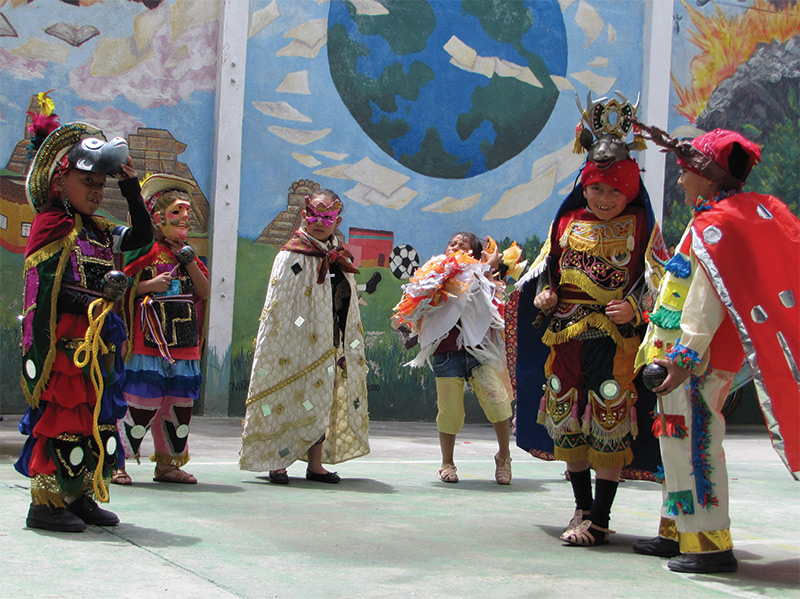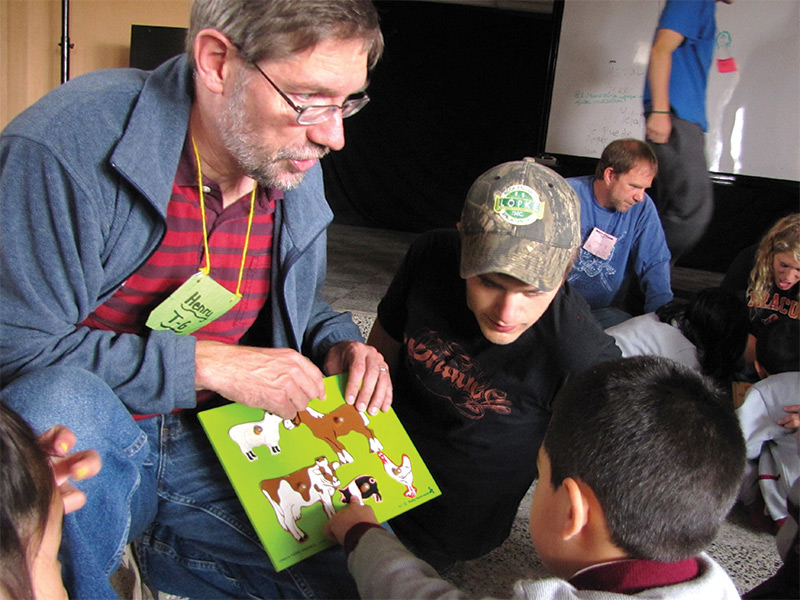“I created the program to maximize student learning, engagement, and exposure to the diversity of cultures in the Spanish-speaking world,” Thurston-Griswold says. “Proficiency in Spanish opens a window to rich cultures and provides students with another set of lenses through which they can better process, understand, and appreciate the vitality and relevance of all things Hispanic.”
First offered by Juniata in 2002, the course combines individualized Spanish instruction and a service-learning project that students design in the city of Quetzaltenango, Guatemala. Now an interdisciplinary experience that is fully immersive, the class is also open to students enrolled in member colleges of the Pennsylvania Consortium for the Liberal Arts, including Franklin & Marshall, Haverford, and Swarthmore, among others.
“The trip enables you to sharpen your skills, gain knowledge, and deepen your understanding and appreciation of the rich and diverse culture of a country that continues to suffer economic and social injustice,” says Megan Moroney ’18, who participated in the program.
Juniata’s Guatemala experience enables students to provide education to students at the Asturias Academy, a private, nonprofit school that serves children from the country’s poor majority, who often lack access to quality education.
“This experience truly engages students with the world, a hallmark of a Juniata education,” says Lauren Bowen, Juniata’s provost. “In addition to strengthening language proficiency and becoming more culturally competent, Juniata students also provide meaningful service in partnership with a local community and, in so doing, make a difference.”
The Guatemala trip is only one option for international study for Juniata students; the College offers 47 study abroad programs that include study on every continent except Antarctica, and nearly half of Juniata students take advantage of studying abroad.
“Proficiency in Spanish opens a window to rich cultures and provides students with another set of lenses through which they can better process, understand, and appreciate the vitality and relevance of all things Hispanic.”Henry Thurston-Griswold, professor of Spanish








